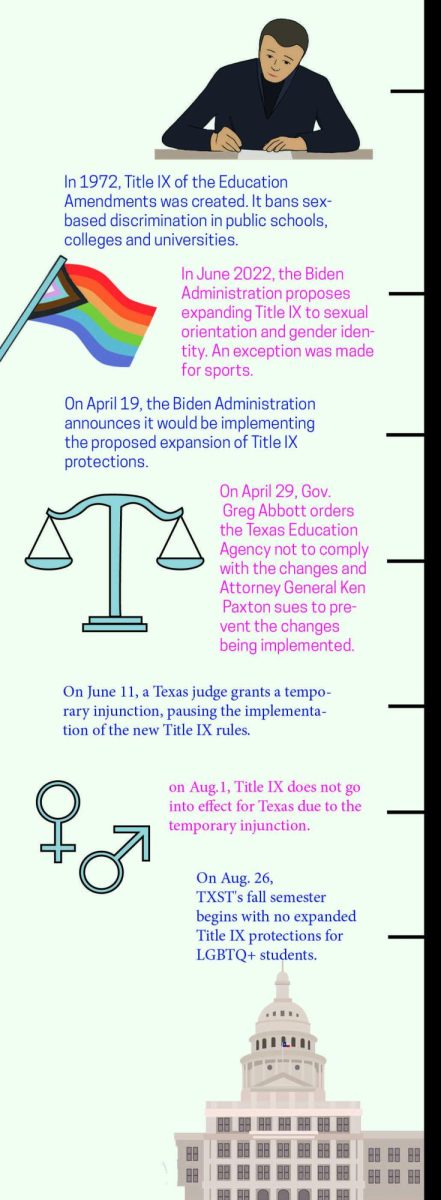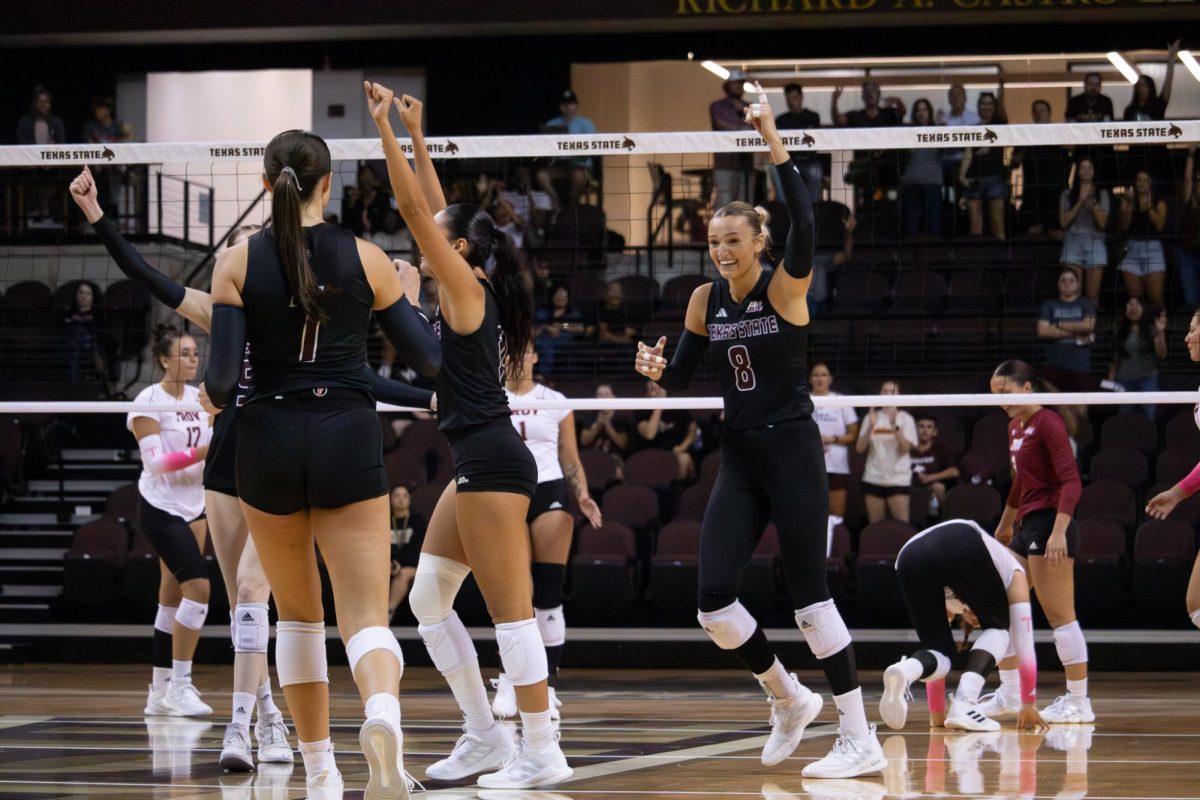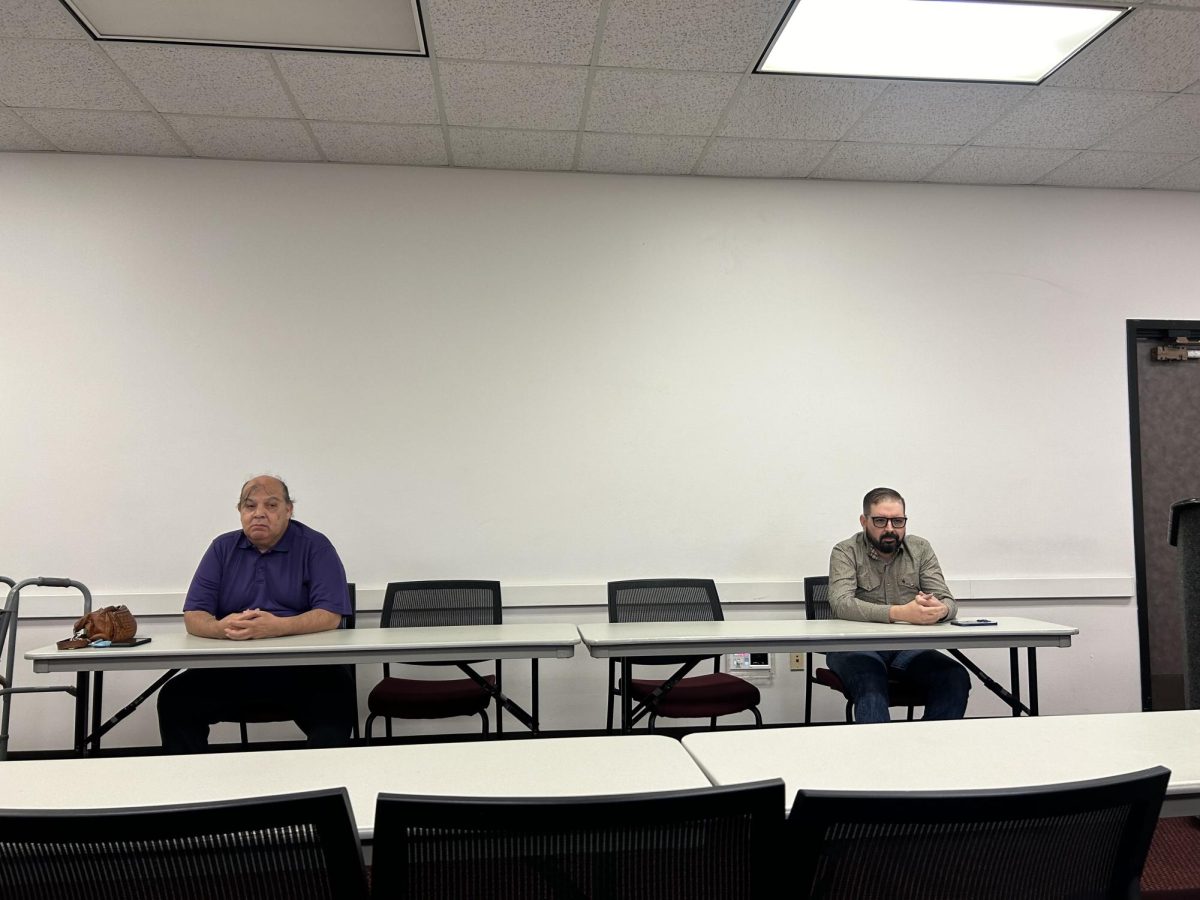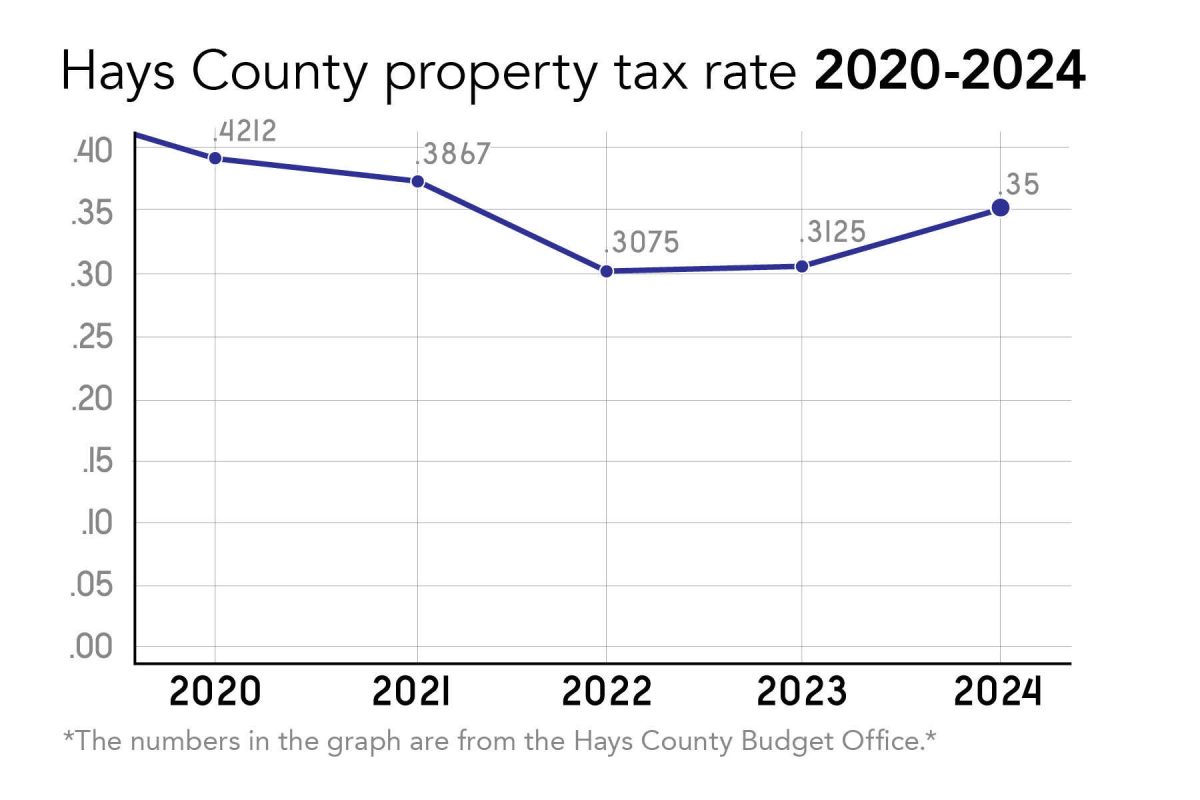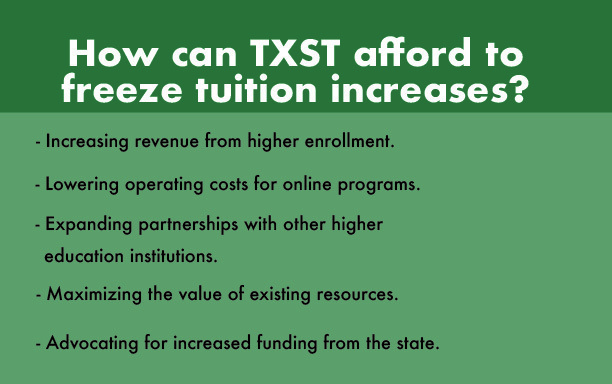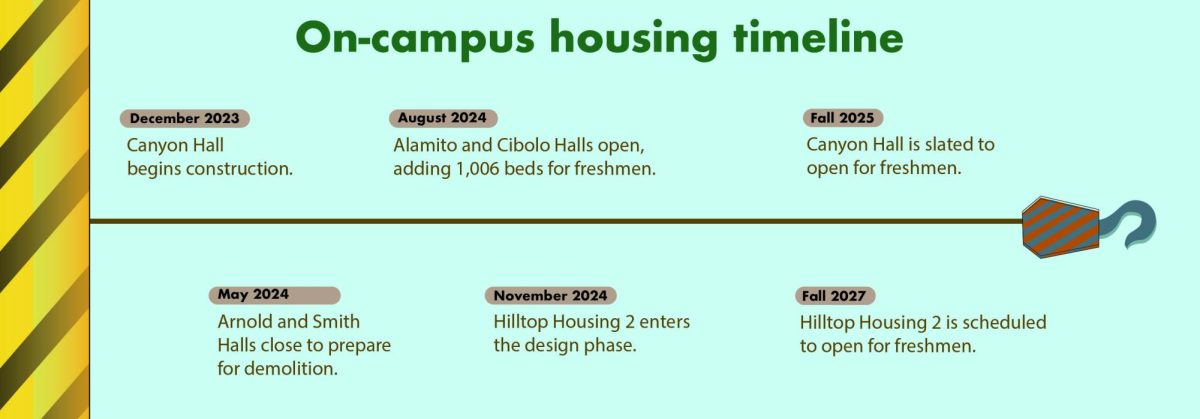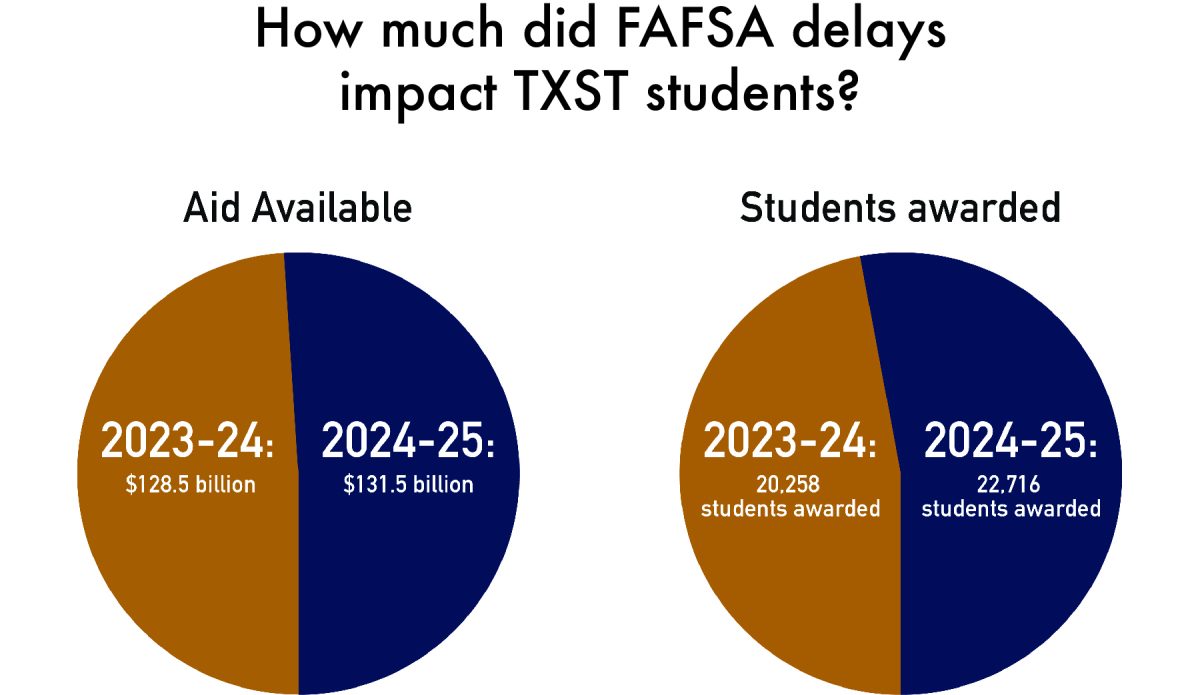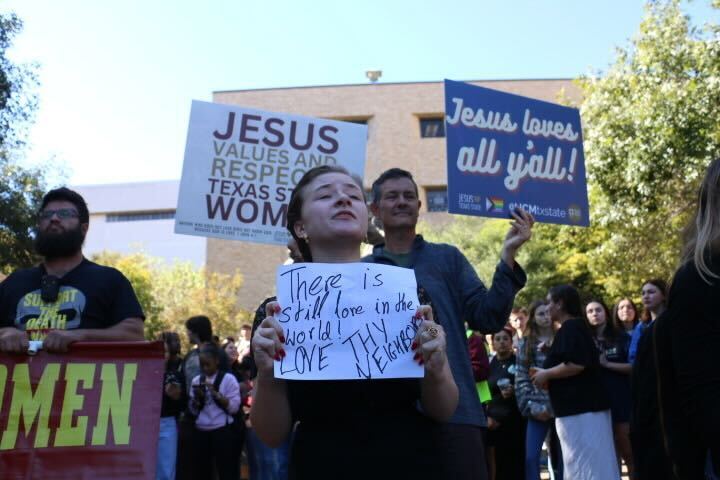The Supreme Court ruled that the Department of Education cannot enforce new Title IX regulations in states like Texas, where a court has blocked the rules.
The Department of Education’s regulations amended Title IX of the Education Amendments of 1972, which prohibits sex-based discrimination in any school or education program that receives federal aid, such as Texas State. The new amendment extends protections based on gender identity, sexual orientation and for pregnant students. The rules were initially proposed in 2022 but were not finalized until April 19, 2024.
A federal judge in Texas issued a hold on the new rules, which means transgender students at Texas State are unable to use restrooms or locker rooms that align with their gender identity. It also means using pronouns that do not align with a transgender student’s gender identity is not considered harassment.
“The final regulations strengthen vital protections for students in our nation’s schools and provide clear rules to help schools meet their Title IX obligation to eliminate sex discrimination in their education programs and activities,” a Department of Education release on the new Title IX rules said.
Texas Attorney General Ken Paxton announced on April 29 that he sued the Biden administration over the new rules. Paxton had previously sued the administration for trying to expand Title IX through informal means.
“While the Biden Administration initially attempted to implement this agenda through informal agency guidance, the Department of Education has now turned to formally amending the Code of Federal Regulations,” the April 29 press release from the Office of the Attorney General wrote. “This rule violates existing federal law, ignores the Constitution, and denies women the protections that Title IX was intended to afford them.
Gov. Greg Abbott instructed Texas public universities to not comply with the new rules on May 8. Abbott cited multiple Texas laws that contradicts the new rules. One of those laws is Senate Bill 15, which passed in 2023 and made it illegal for athletes to compete on teams not aligned with their biological sex.
“As I have already made clear, Texas will not comply with President Joe Biden’s rewrite of Title IX that contradicts the original purpose and spirit of the law to support the advancement of women,” Abbott wrote in his letter to Texas universities. “Today, I am instructing every public college and university in the State of Texas to do the same.”
On June 11, Justice Reed O’Connor, a federal district judge for the Northern District of Texas, issued a temporary injunction against the Department of Education to halt the enforcement of the Title IX changes.
O’Connor expanded his initial ruling on Aug. 14. The final ruling from O’Connor not only blocked the implementation of the new rules, but also blocked the Department of Education from enforcing any other rules that expanded Title IX to cover gender identity and sexual orientation.
“This expanded ruling is in addition to the injunction Attorney General Paxton secured in July 2024, stopping another rule promulgated by the DOE that would redefine Title IX to include “sexual orientation” and “gender identity,” which prevents enforcement of that rule while the case continues,” a press release from the Texas Attorney General’s office said.
Jayce Hazell, a wildlife biology senior who identifies as gay, said Paxton and Abbott’s opposition to the expansion of Title IX makes him feel like the state government does not support college students, especially ones who don’t identify as straight.
“I’m not surprised [the state government] wouldn’t side with LGBT people; they haven’t in the past,” Hazell said.
Hazell said there have been several instances where he did not feel safe or welcome on Texas State’s campus due to his sexuality. He believes the Title IX expansion could change that for many LGBTQ+ students.
“I think that there’s a lot of instances that LGBT people are afraid of being discriminated against in the school when it comes to the jobs, opportunities and treatment from other students,” Hazell said.
The expanded Title IX rules remain on pause pending final litigation. This means students attending Texas State in the fall will not benefit from the expanded protections. It is likely the Supreme Court will have the final say on the issue.
Texas State University Systems did not respond to a request for comment.


